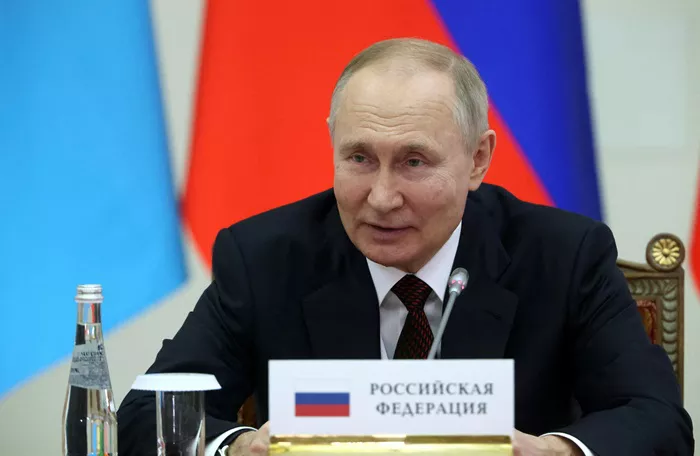Russian President Vladimir Putin has extended a ban on the sale of Russian oil and petroleum products to buyers who adhere to the Western-imposed price cap, prolonging the restriction through the end of 2025.
Originally enacted in February 2023, the decree forbids Russian producers from exporting oil to foreign entities whose contracts comply with the $60-per-barrel ceiling set by the Price Cap Coalition, a group dominated by G7 and European Union countries. This Western policy aims to maintain Russian oil supplies on the global market while curbing Moscow’s revenues amid ongoing conflict. However, Russia has consistently rejected the policy’s rationale.
Under the updated decree, any oil deliveries under contracts adhering to the price cap are prohibited unless explicitly authorized by Putin himself. Furthermore, Russian companies bear responsibility for preventing the price cap conditions from being applied later in the supply chain, ensuring intermediaries or end buyers do not circumvent the ban.
The price cap mechanism was introduced in December 2022 as part of coordinated sanctions by Western nations. These countries agreed to halt imports of Russian seaborne oil—and related shipping, insurance, and financing services—unless sold below the $60 threshold. The initiative sought to restrict Russia’s war-time financial resources without causing a global energy shortage.
In response, Russia redirected shipments to markets such as India and China, often offering discounted prices but operating outside the formal price cap framework. The Kremlin has criticized the cap as a “non-market” tool, arguing that enforcing it undermines established global trade principles.
With this extension, Moscow signals a firm stance against Western attempts to manipulate energy markets, making clear it will not allow price cap-compliant buyers access to its oil—even at the risk of short-term sales losses.


